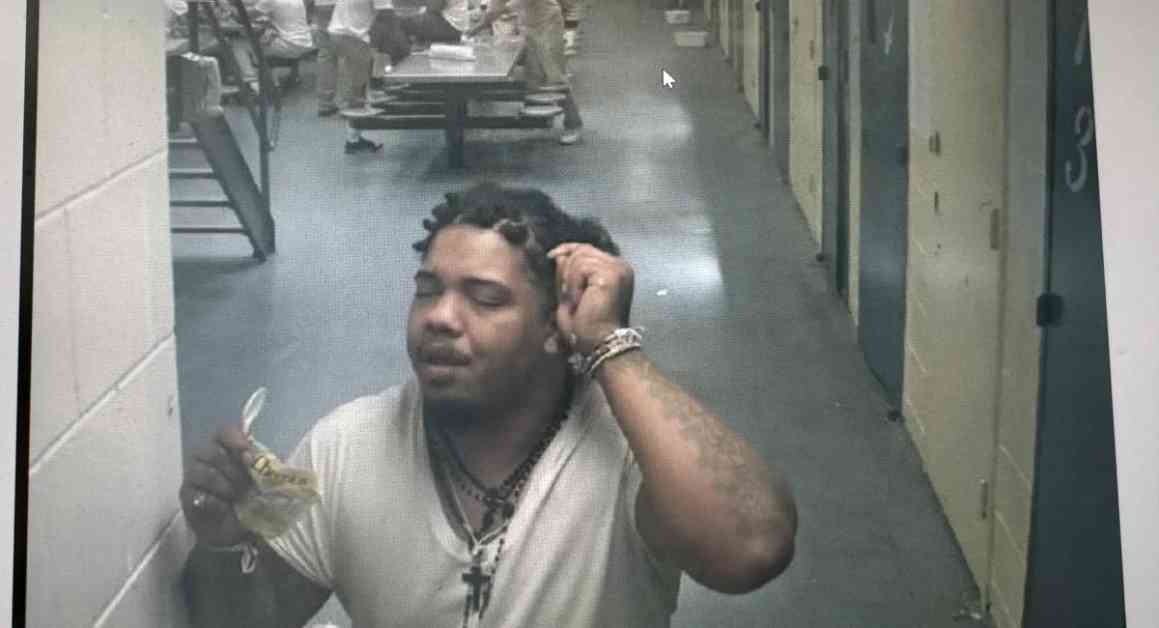A former Rikers Island correction officer will not be facing charges in connection with the death of an incarcerated individual in 2022. The New York City Department of Correction policy was violated by the guard’s failure to provide aid to the man, which ultimately contributed to his passing. Despite this, the state attorney general’s office determined that there was not enough evidence to prove that the officer’s actions directly caused the death.
The detainee, Elijah Muhammad, passed away on July 10, 2022, after being observed in a distressed state by the fired officer, Ezra Lewis. Lewis failed to call for help or offer assistance, which was deemed a breach of his legal duty. However, the attorney general’s office concluded that there was insufficient proof to charge Lewis with Criminally Negligent Homicide.
Muhammad’s death was one of 19 fatalities that occurred at or shortly after release from the Rikers jails complex in 2022, raising concerns about the quality of medical care and emergency responses within the city’s correctional facilities. The incident has prompted calls for improved training for jail staff and even the possibility of federal intervention to address the ongoing issues at the troubled complex.
In response to the situation, the attorney representing Muhammad’s family has indicated that they will be pursuing civil litigation against those they believe were negligent in the detainee’s death. Civil plaintiffs have a lower burden of proof compared to criminal cases, which may provide an avenue for accountability in this tragic event.
The Department of Correction has not yet commented on the matter. It is worth noting that the detainee death rate in New York City in 2022 was the highest it had been in 25 years, highlighting the urgent need for reforms and increased oversight within the correctional system.
Muhammad’s arrival on Rikers Island, his history of substance use, and mental health issues were detailed in the investigation report. Despite the signs of distress exhibited by Muhammad throughout the day of his death, Lewis failed to take appropriate action to ensure his well-being. Prompt medical attention could have potentially saved Muhammad’s life, as indicated by the medical examiner’s findings.
Lewis’s termination and subsequent lack of cooperation with the AG’s inquiry have left unanswered questions surrounding the events leading up to Muhammad’s passing. The need for accountability and improvements in the handling of medical emergencies in correctional facilities has been underscored by this tragic incident.

